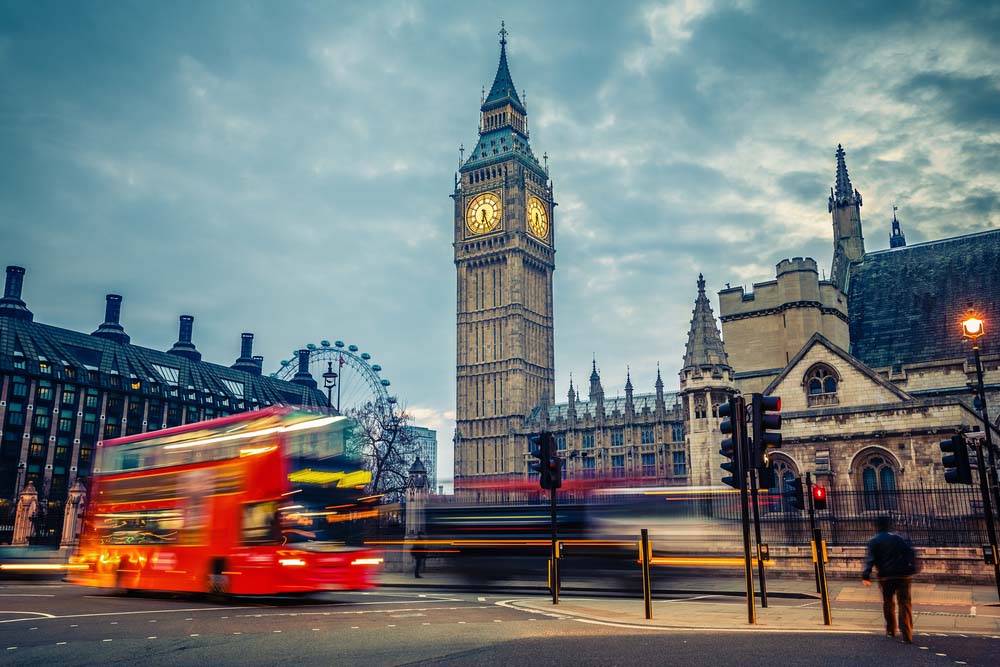 Take any run-down of top actors working in the US these days and the number of British men and women on it will very likely surprise you.
Take any run-down of top actors working in the US these days and the number of British men and women on it will very likely surprise you.
I started making a list of them, but gave up after counting to 20 and finding I’d got no further than the letter ‘M’ (Carey Mulligan, if you must know).
Why is this happening? And why are American film-makers such as Michael Douglas and Spike Lee bemoaning the dearth of US actors with the chops and charisma to fill major roles?
Abe Turns to His Grave
Some say it’s because British actors are adaptable, tackling any part with confidence and credibility, whether it be Baltimore cops (Idris Elba and Dominic West in The Wire) or even quintessential all-American heroes (Daniel Day-Lewis in Lincoln; David Oyelowo in Selma).
Others, such as Richard Hicks, president of the Casting Society of America, are more precise, blaming the failure of leading American actors to pay their dues in cameo roles in order to develop a feeling for character. Everyone wants to be a star – and immediately, if not sooner.
Whatever the reason, it’s beginning to look as if it’s a patriotic duty for American actors to raise their game when the Department of Homeland Security reveals, as it did in 2014, a 500% increase in visas for UK actors and film-makers coming to work in the US.
You Are What You Eat?
What, then, should an actor be seeking when they move to London? Britain may be the Mecca of theatrical performance, but isn’t the vocal and gestural projection of stage acting gratuitously absurd in the close-up, over-the-shoulder, and POV shots of film-making?
There’s a bigger picture. The first reason for heading to London has nothing in particular to do with acting, but everything to do with life. As an artist and, therefore, a conveyor of the truth, every actor needs broad experience of the world to enrich a performance. As Mark Twain observed: “Travel is fatal to prejudice, bigotry, and narrow-mindedness”.
To some extent, you can find that breadth of experience in New York or Los Angeles, but no American city can match the wide cultural dispersion – as opposed to diversity – of London. Although some areas have higher concentrations of particular nationalities than others, there are no ‘ghettoes’ and each borough has an average of about 100 different languages spoken.
Just as significantly, while a one-hour flight from any American city only takes you to another American city – or, from some, to Canada or Mexico – the same journey from London gets you to Paris, Frankfurt, Amsterdam, Brussels, Dublin, and many more centres of different art, language, food, entertainment, etc.
London, then, is as much multi-experiential as it is multi-cultural.
It’s less a city than a collection of towns and villages, each with its own residential areas, shopping streets, parks, offices, theatres, and restaurants. If these aren’t enough to sate the need for new sights and tastes, board a train, plane, or coach and, in only a little more time than it takes to get from New York to Washington, you can be immersed in a completely different culture.
These factors are key to a typical Brit’s greater cultural openness, compared with their US counterpart. You might think that fish and chips (French fries) or sausages and mash (mashed potatoes) are typical British fare. Not so. The biggest-selling dishes eaten in the UK are Chinese stir-fries and the Indian dish, chicken tikka masala.
Listen to the Music
All this doesn’t mean that a year spent goofing off in London is all you need to put your name in lights. You also need the discipline, character insights, and dramatic understanding that form the core of the curriculum in London drama schools and acting classes. This training springs from centuries of British drama, both serious and popular.
At the heart of this tradition lies the belief that acting is a group activity. British drama training is less about the actor’s self. That may be the focus of Lee Strasberg’s Method, for a contrasting American example, but it’s anathema to the classical training of a UK actor.
Instead, a London acting school will emphasise listening to, and working with, both the script and other members of the cast. The actor is taught to be a team-player and, sparked by colleagues’ performances and delivery of lines, encouraged to subsume ego to the wider and better interest of the drama as a whole.
This is why so many London acting courses include improvisation and story-telling as key elements. The player has to listen with ear, eye, and heart to what the rest of the cast are saying and doing, then respond ‘in tune’ in order to develop the story and create the drama. Rather like a band rehearsing a new song.
It’s also why British actors are less ‘starry’ than Americans, a characteristic that endears them to casting directors. They are less likely to be fussy about the way they are lit, for example, and more likely to take direction amiably, even when the director is rude or a bully.
To an American brought up on worship of the individual, this may seem soul-destroying. In fact, it’s empowering. The British approach serves the drama, not the player, and thereby helps make the performance better. When that succeeds, the whole ensemble shares in the achievement.
Be for Real
What about realism? For example, look at the sweaty verisimilitude Marlon Brando brought in 1951 to a mesmerised, even horrified, public in his intense portrayal of Stanley Kowalski in A Streetcar Named Desire. It changed the Hollywood acting style for ever, but just how ‘realisitic’ was a level of intensity that no living person could sustain without a nervous breakdown?
Compare Brando’s acting in Streetcar with that of Helen Mirren in The Queen, a part that, by the status and nature of the very real person portrayed, called for restraint to the point of dullness. Yet, Mirren’s performance is charged with suppressed emotion.
That’s a truer realism: not physical, like Brando’s Kowalski, but emotional. Mirren found it in the words of the script and, just as importantly, in the pauses and breaths between them. She didn’t dredge it up from some suppressed childhood trauma, as Strasberg might have taught Brando.
Unlike Brando, Mirren didn’t need to chew up the set; with a just-so combination of stillness, empathy, and tone, she served the character and the story. The result was that she gave the audience new insights into the person and life of a public icon.
A Star Is..?
If a London drama school isn’t about becoming a star, you might think the time spent there will be wasted. Perhaps, you’ve not noticed how few, if any, among your acting acquaintances are actually stars?
As Lauren Bacall remarked: “When you talk about a great actor, you’re not talking about Tom Cruise”. Acting should not be about stardom; you should do it because you love the work. You might become a star but, if you love acting, you’ll just want to be a great actor.
Even if you do attain stardom, it may not last and, at that point, the discipline, team spirit, and work ethic your London training has given you will keep you on set, on stage, or in the studio – on your marks, knowing your lines, and not bumping into the furniture. Above all, you’ll more likely find yourself happy to be, as Ian McKellen observed: “Not rich, not famous, but making a living”.


